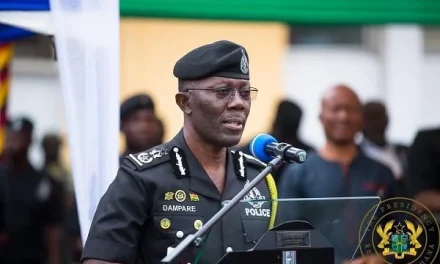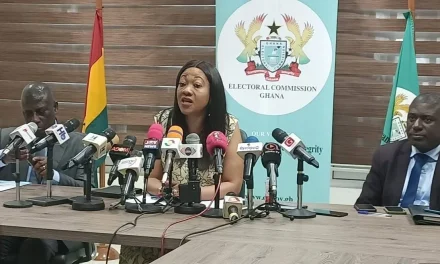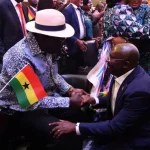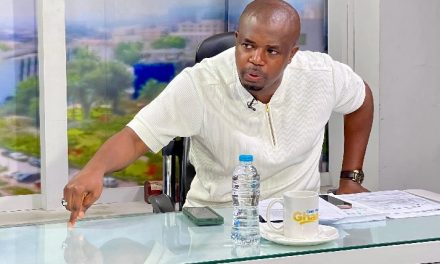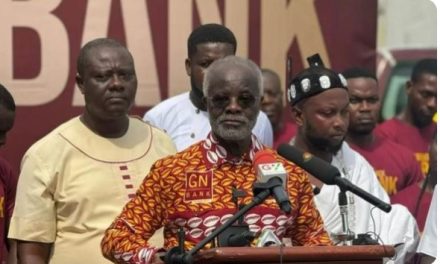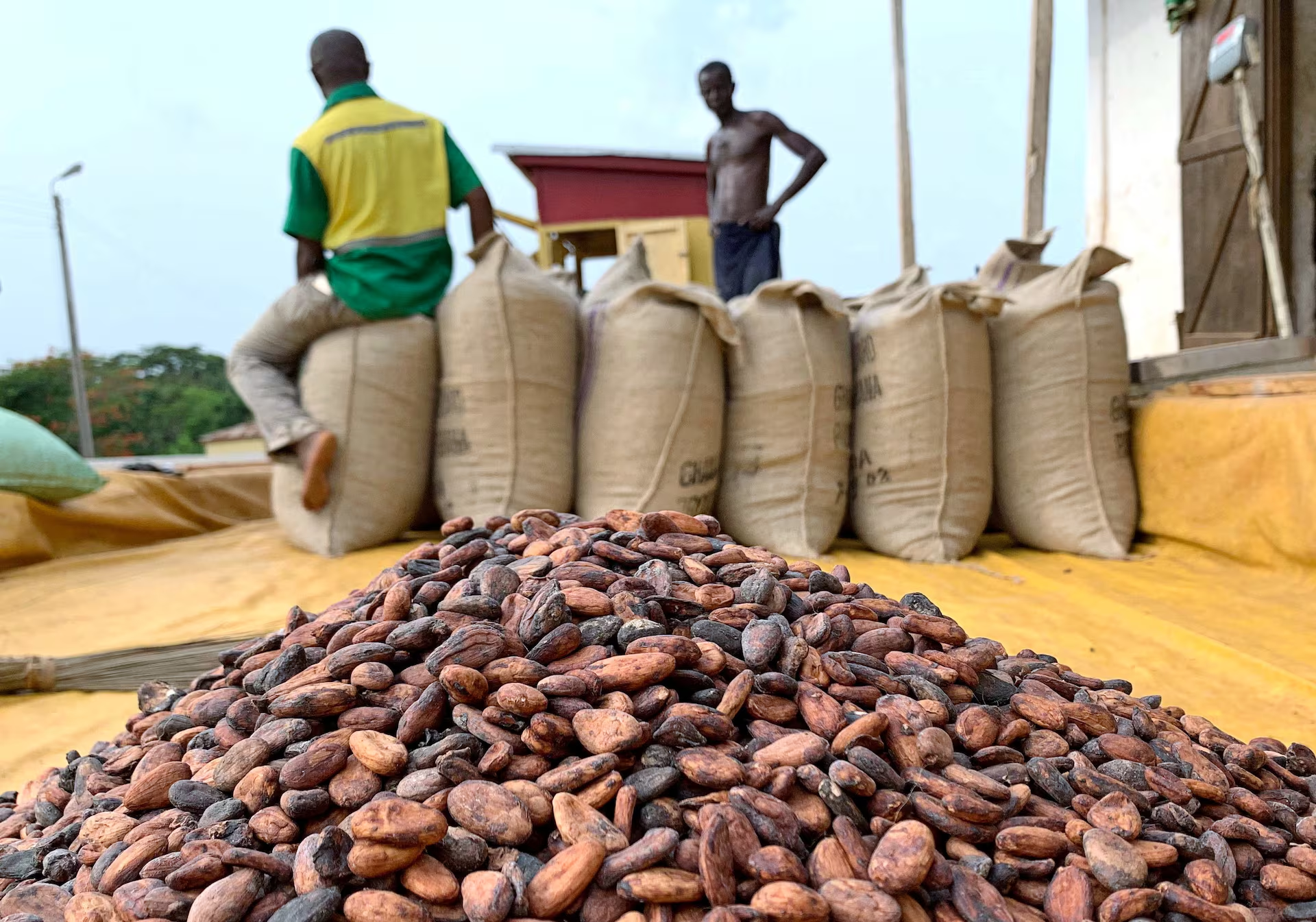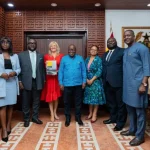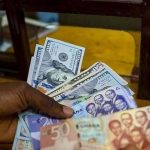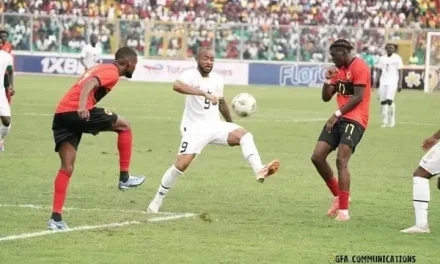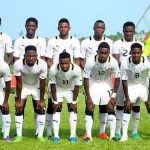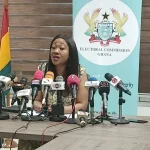
$200m additional financing for COVID-19 response interventions has been approved by Parliament
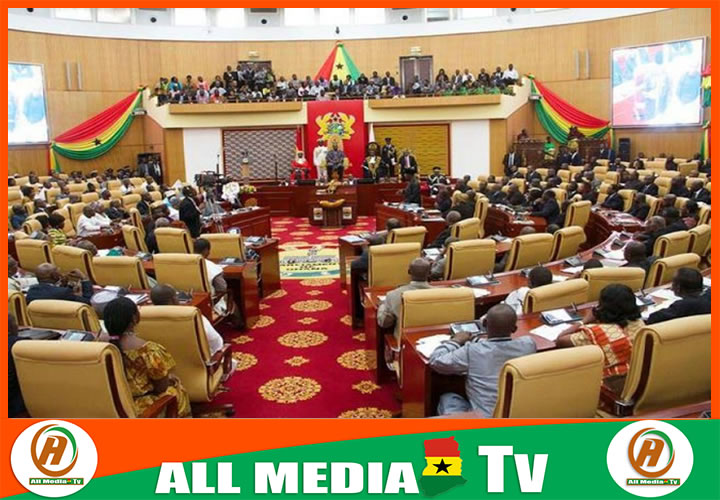
Parliament has approved a $200 million loan as an additional financing for the country’s coronavirus (COVID-19) emergency preparedness and response project (EPRP).
The amount will enable the government to fund the procurement of vaccines to inoculate about 7.6 million people.
It will also help Ghana to scale-up interventions towards accelerated socio-economic recovery and revitalisation.
The repayment period for the loan facility is 25 years with a grace period of five years. The interest charge is about 1.39 percent, with a grant element of 21.3 percent.
The agreement, which is between the government of Ghana and the International Development Association (IDA) of the World Bank, was presented to the House on June 30, 2021 and then referred to the Finance Committee for consideration and report.
Presenting the report, the Chairman of the Finance Committee, Mr Kwaku Kwarteng, said the project development objective was to prevent, detect and respond to the threat posed by the pandemic and strengthen national systems for public health preparedness in Ghana.
He said the government rolled out the EPRP-II with additional financing of $130 million from the World Bank Group to strengthen and scale-up the gains from the EPRP-I.
He, however, said mass vaccination was needed to ensure that the gains made so far in addressing the pandemic were protected.
“The number of individuals who have received the first dose of the COVID-19 vaccination as of March 2021 is estimated at 475,000 out of the target 17.5 million people.
“The pressing need to activate a robust COVID-19 programme as well as strengthen the health system in Ghana has informed the restructuring of the interventions under the previous EPRP-I and II sponsored by the World Bank, hence the need for additional financing,” he said.
Minority
Expressing conditional support for the agreement, the Minority Leader, Mr Haruna Iddrisu, said 10 out of the 16 regions in the country had no diagnostic centres for COVID-19 and other critical treatment facilities.
He, therefore, called for the inclusion of the six as beneficiaries of COVID-19 interventions such asincreased bed capacity and intensive care units.
“I will not support this until I have an elaborate programme that takes care of the six regions that have been left out. Why is COVID only known to 10 regions in Ghana? You cannot discriminate against the six regions,” the Minority Leader asked.
He also wanted to know how much it cost the state to procure and distribute 3.6 million facemasks and 4,500 infrared thermometers.
Accountability
Describing the terms of the loan agreement as favourable, Mr Iddrisu urged the government to account for previous loans it had already taken.
“We need accountability of how $1.6 billion rapid credit facility was spent. We took GH1.2 billion from the stabilisation fund and we need to know how it was spent.
“We need to know how $100 million World Bank facility was spent,” he said, and also pushed the government to explain to Ghanaians how it utilised the resources donated to the National COVID-19 Trust Fund.
He further expressed worry over why the government, in spite of the fact that it had been provided with huge resources, had not been able to inoculate three per cent of the country’s 30 million population.
Background
Following the outbreak of COVID-19, the government sourced a $100 million funding from the World Bank in April 2020 to support the implementation of the COVID-19 Emergency Preparedness and Response Plan (EPRP – I).
An additional financing of $130 million was again sourced from the World Bank Group in November 2020 to roll-out the (EPRP – II) to strengthen and to scale up the gains from the (EPRP-I).

